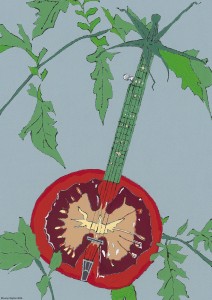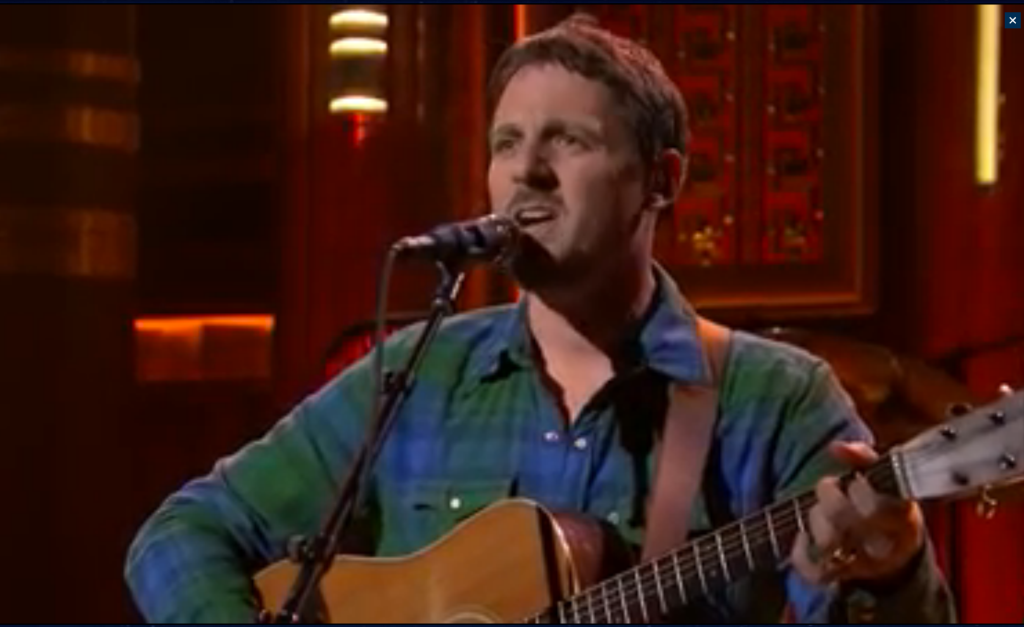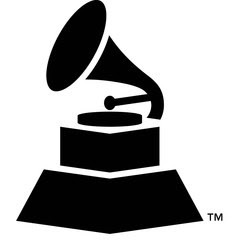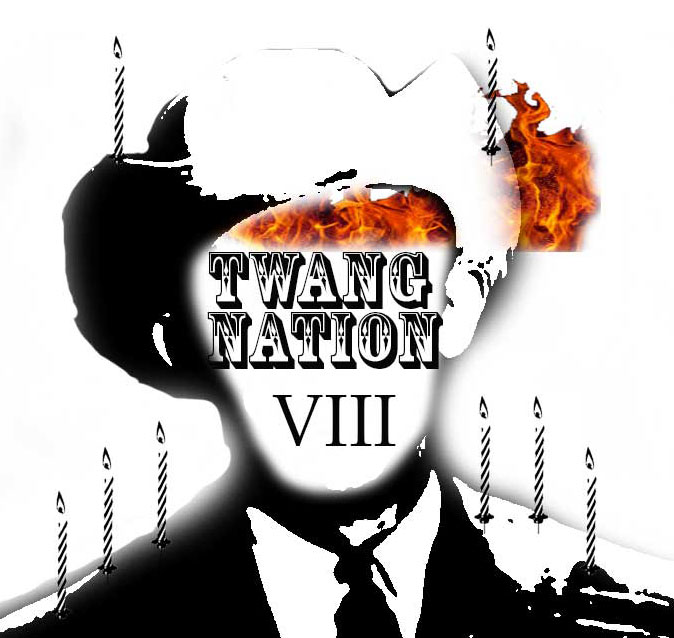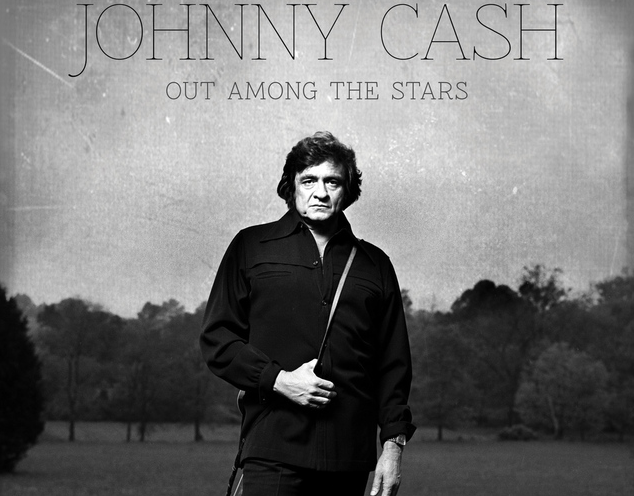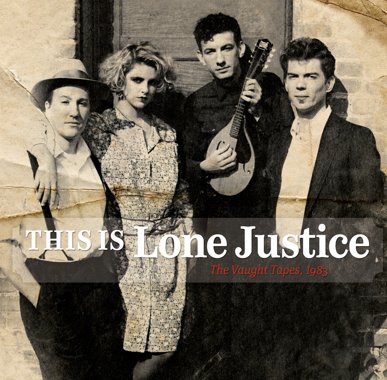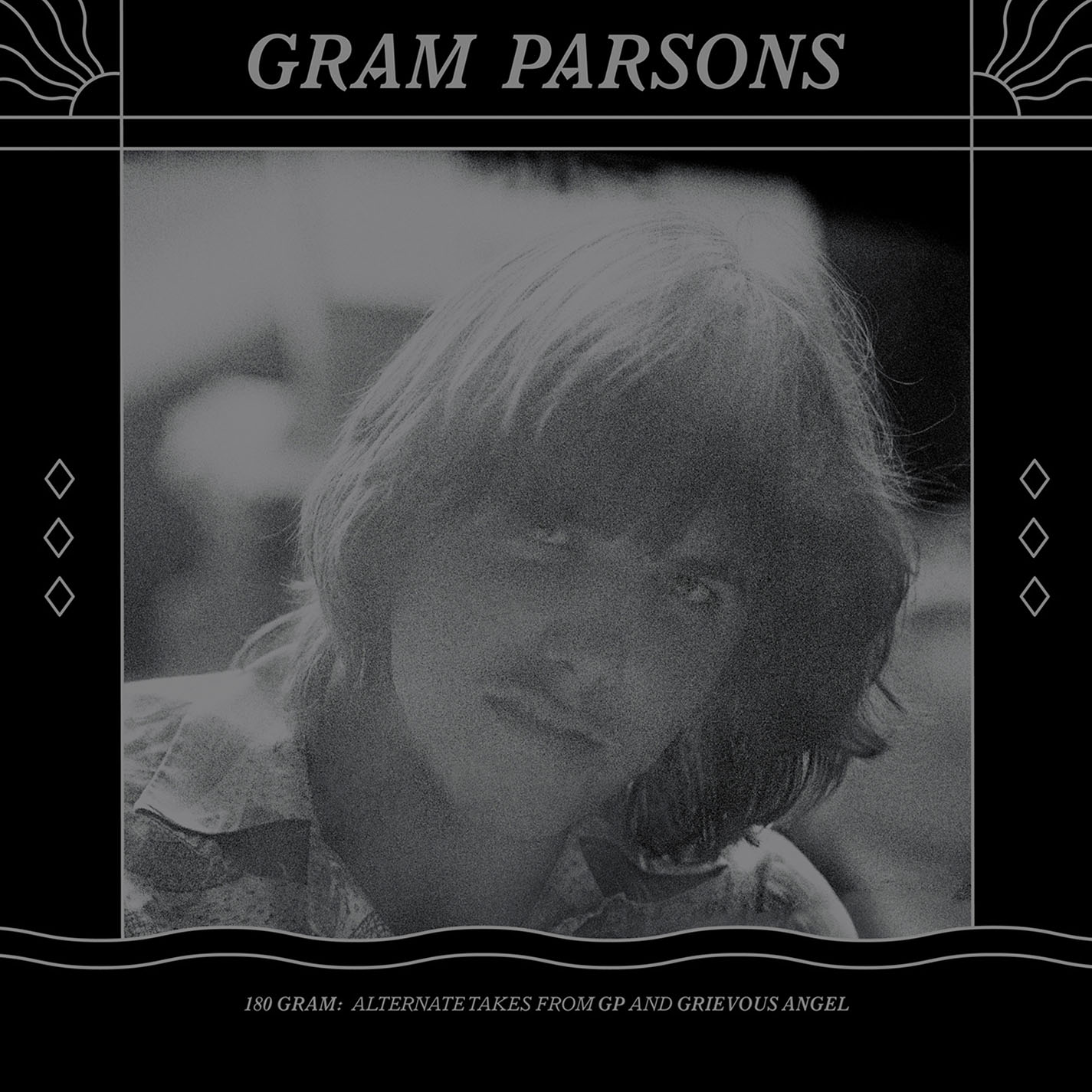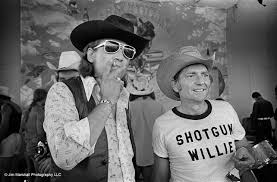
The common mythology of “outlaw country” paints Willie Nelson, Waylon Jennings, and their peers as hard-living renegades who defied Nashville through wild behavior, heavy drinking, and a refusal to play by polite society’s rules. While these personal traits were real and contributed to the legend, they obscure the deeper motivations and industry dynamics that gave rise to the outlaw movement. At its core, the outlaw revolt was less about bourbon-soaked rebellion and more about artists’ struggle for creative control, financial autonomy, and liberation from an exploitative recording system. Willie and Waylon were not rebelling against morality; they were rebelling against a business model.
Background: Nashville’s Tight Grip
By the late 1960s, Nashville’s music industry was a well-oiled machine. The “Nashville Sound” relied on producer-driven recordings, studio musicians, and a formula intended to reach a pop-leaning audience. Artists signed restrictive contracts that dictated:
What songs they recorded
Which producers they worked with
Which musicians played on their albums
How frequently albums were released
How royalties were allocated
Songwriting royalties often stayed with publishing companies. Production decisions were top-down. The artist’s identity became secondary to the system’s commercial efficiency. Willie Nelson, Waylon Jennings, and others bridled under this arrangement. Their “outlaw” stance grew from a desire to escape this machinery.
The Economic Roots of Rebellion
1. Control of Production
Willie and Waylon wanted the same autonomy that rock musicians were beginning to claim. In Austin, Willie discovered he could record with the band he wanted, in the style he wanted, without an executive dictating the sound. Waylon insisted on choosing his own musicians. RCA resisted, because it challenged the tightly controlled Nashville studio model. Their rebellion was fundamentally a labor negotiation: **the right to make their own music on their own terms.**
2. Ownership and Royalties
Under older contracts, artists earned little from their recordings. Producers and publishers captured most of the revenue. Willie and Waylon pushed for fairer royalty structures, ownership of masters, and the ability to keep more of what they created. This was not a drunken protest; it was a calculated effort to rewrite the business relationship between artist and label.
3. The Marketing of “Outlaw”
The irony is that the outlaw image itself became a financial engine. When RCA compiled *Wanted! The Outlaws* in 1976—the first country album to go platinum—they did so to capitalize on this identity. The album’s success proved that the outlaw stance had **market value**, and the labels embraced what they once resisted. The movement’s legend grew even as the industry profited from it.
There is no denying that Willie and Waylon lived rough at times. But their personal habits are not what made them outlaws. Plenty of Nashville artists drank hard and misbehaved. What separated Willie and Waylon was not behavior; it was **non-compliance with a business structure that demanded obedience.**
* If Waylon had been drinking but fully compliant, he would not have been an “outlaw.”
* If Willie had partied yet accepted creative confinement, he would have been simply another Nashville act.
Their outlaw identity emerged because they refused to be interchangeable parts in the Nashville machine. Behavior was the smoke. Control and money were the fire.
The outlaw movement reshaped the entire relationship between artists and the country music industry:
* Artists gained greater leverage in contracts.
* Self-production became more common.
* Labels increasingly marketed authenticity rather than formula.
* The boundaries between country, rock, and folk loosened.
In this sense, the outlaw revolt was a precursor to modern conversations about artistic rights, from ownership of masters to independence from labels.
The legend of Willie Nelson and Waylon Jennings as hard-drinking outlaws makes great storytelling, but it obscures the truth. Their rebellion was fundamentally economic and creative, not behavioral. It was a fight for autonomy, for the freedom to define their own artistic identities, and for fair compensation in a system that historically denied both.
Outlaw country was not a revolt of whiskey bottles—it was a revolt of contracts.

